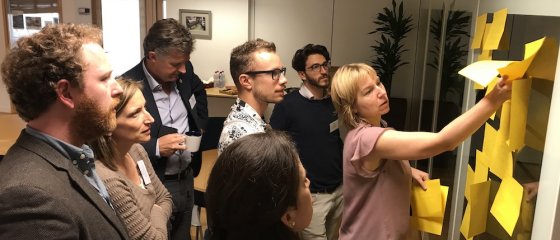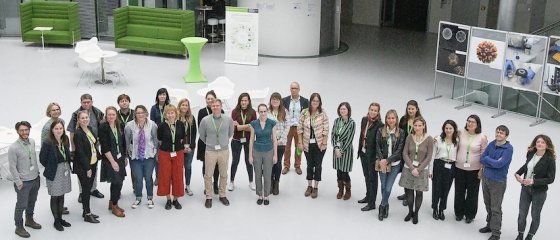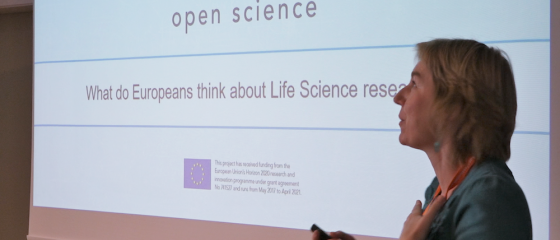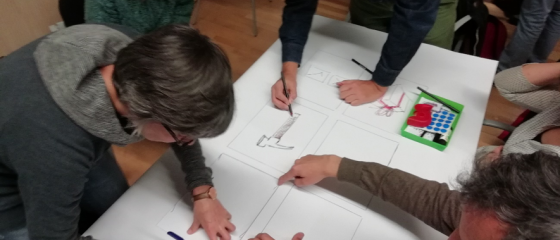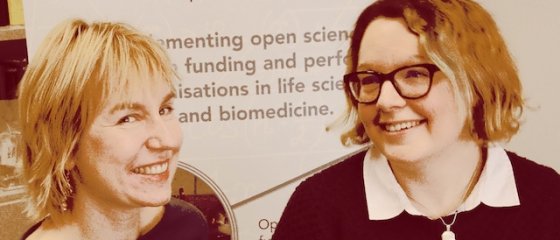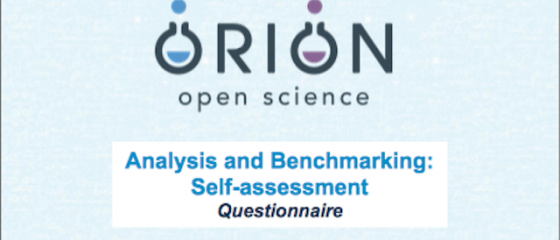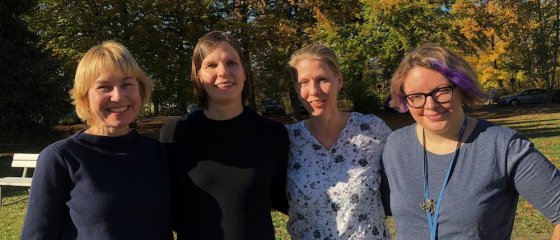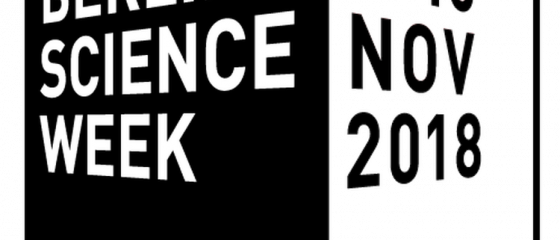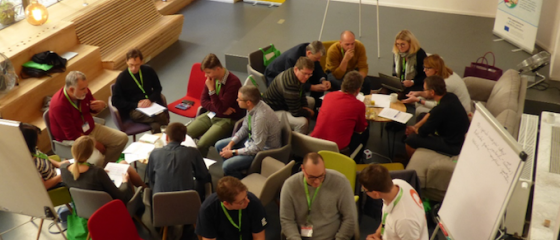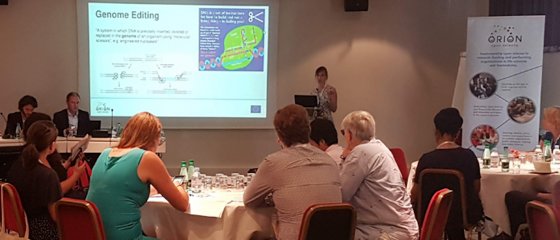Co-creation at the heart of ORION: New call for funding coming soon
Fifteen representatives from the research community, business sector, policy makers and civil society organisations, gathered in Brussels in April to co-design a new call for co-creation activities within the ORION project. The goal of the interactive workshop was to generate ideas on what the new funding call would look like, what types of projects to fund and who could participate. The new ORION co-creation call will be launched in June.
